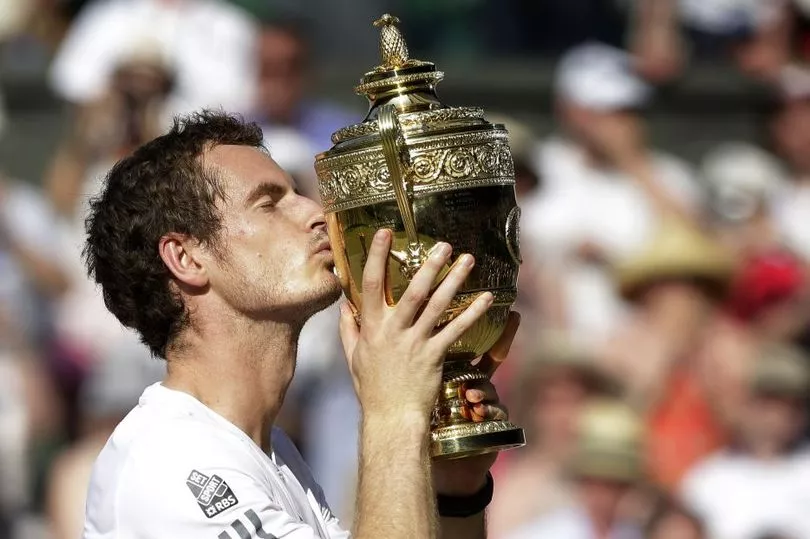Steve Clarke isn’t merely playing the role as the self styled King of the Killjoys just for the sake of keeping up curmudgeonly appearances. Even if, sometimes it does feel very much like it. No, assuming we can all accept now that, in all probability, the national boss knows exactly what he is doing as Scotland’s manager then there must be some sound logic behind his attempts to curb the country’s enthusiasm and put a cap on excitement levels where Ben Doak is concerned. Even if, deep down, he must also know that he’s already fighting a losing battle.
On Monday night in Warsaw, Clarke wasn’t slow in letting the world know that he’s already getting tired of fielding questions about the emergence onto the international scene of this 19-year-old prodigy. “Congratulations on asking a few questions before we actually get round to talking about Ben. I appreciate that.”
That was how he put it. It was Clarke’s way of sending out a warning shot to the assembled media that he wasn’t sitting there just to further the feel good factor which has accompanied the youngster’s coming of age in a Scotland shirt. On the contrary, Clarke appears to be taking the polar opposite approach.
A little later on in that same conference room, Clarke was happy to promote the idea that Doak might not even keep his place in the starting XI despite his man of the match performance in Friday night’s win over Croatia. Clarke was quick to comment in the immediate aftermath of that 1-0 win, that although Doak created John McGinn’s winning goal that he could have had another couple of assists and perhaps even got his own name on the scoresheet.
He talked too on Monday night about the winger’s deficiencies and the improvements Doak still has to make in order to develop into the player the rest of the country already suspects him to be. “You guys can get excited about what he does on the ball,” he continued. “Me and my coaching staff are a little bit more analytical – we’ll see other things that he doesn’t do quite so well. There’s plenty of time for him to develop and it’s important not to put too much pressure on the boy.”






















